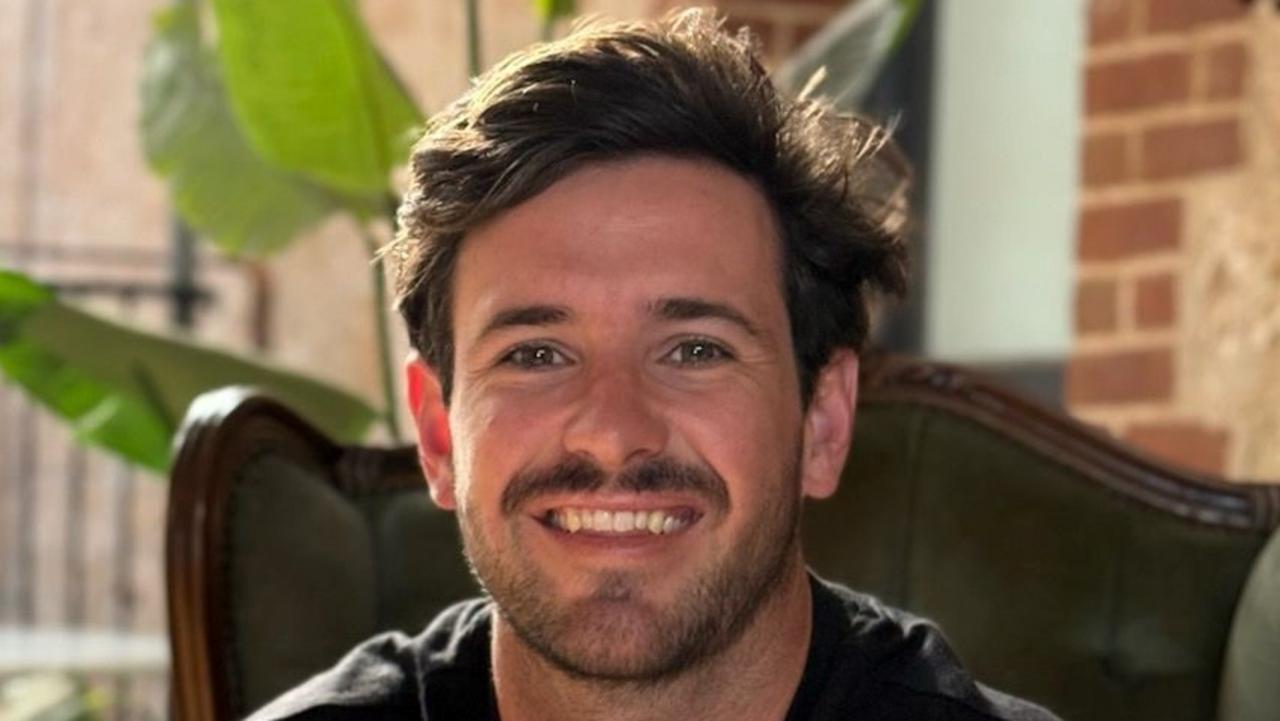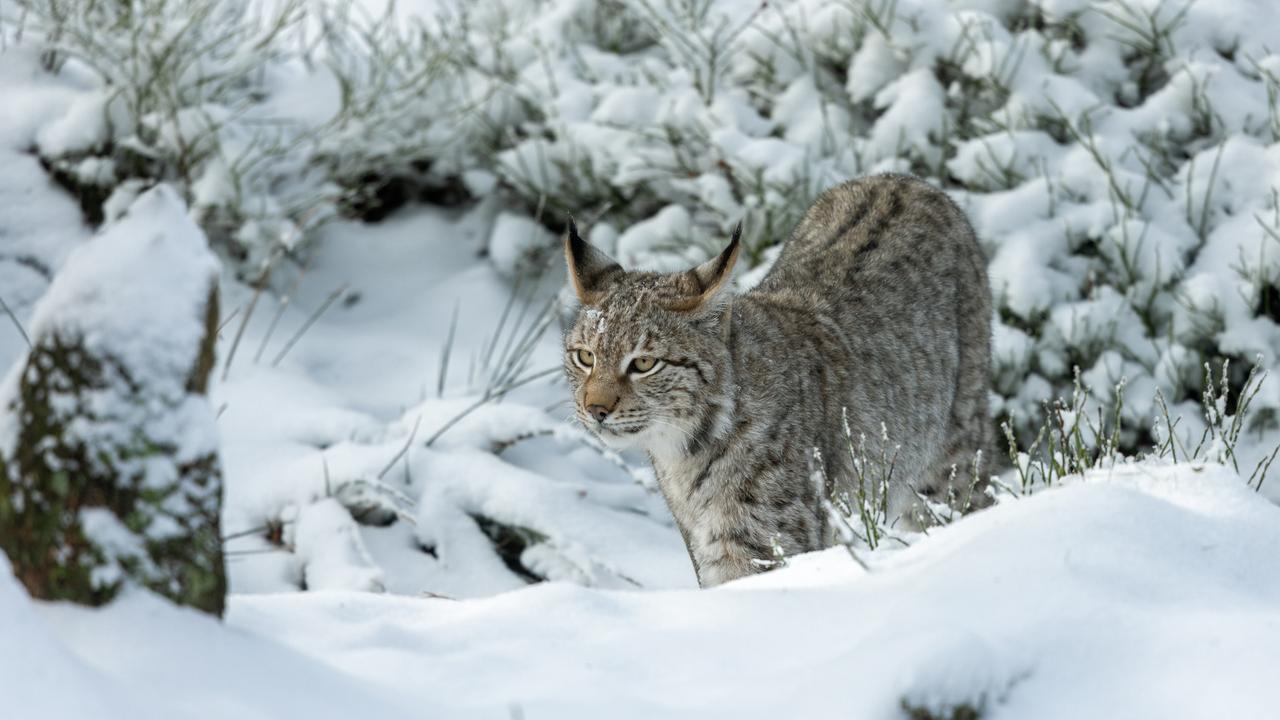Residents near Perth have called for a tourist ban on a popular island to protect a dwindling species
Residents south of Perth have called on the state government to ban visitors to a popular island to protect a species whose numbers have dwindled by 97 per cent.
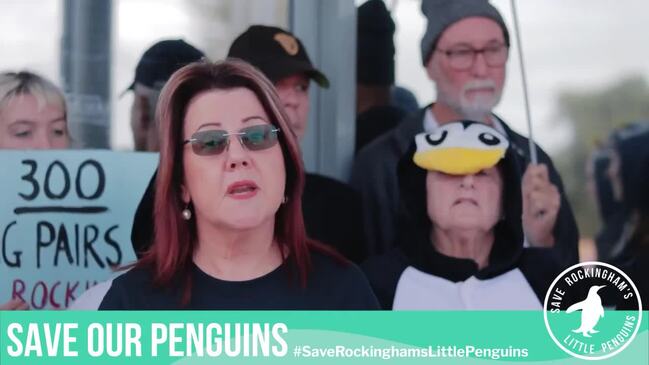
Animals
Don't miss out on the headlines from Animals. Followed categories will be added to My News.
The WA government is being urged to ban recreational boating and tourism on a popular island near Perth to help protect a dwindling little penguin population.
Only 114 little penguins remain on Penguin Island, about 53km south of Perth, a decline in the bird’s population by 94 per cent since 2007, according to Save Rockingham’s Little Penguins activist Dawn Jenks.
Ms Jenks said while climate change was an issue which affected the penguins’ habitats, tourism was another factor which had been prioritised over the little penguins for decades.
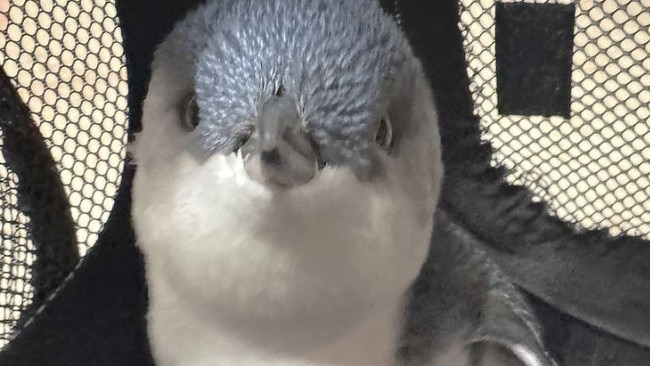
“It’s essentially open slather in terms of visitors accessing the areas where the penguins try to cool off,” she said.
“There’s nowhere on the beach they can go where they’re not going to be hounded, touched or picked up by visitors.
“So they hide under the boardwalks and have to wait until 4pm when the last ferry goes back to the mainland before they can get out of their nest and cool off.”
Ms Jenks said about 130,000 people visited Penguin Island each year and peak tourism coincided with the penguins moulting.
“The little penguins remove themselves from the water and stop feeding for two weeks to grow new feathers,” she said.
“The trouble is, the moulting occurs in the summer when temperatures are at their highest, they’re extremely stressful conditions often resulting in hyperthermia and fatality.”
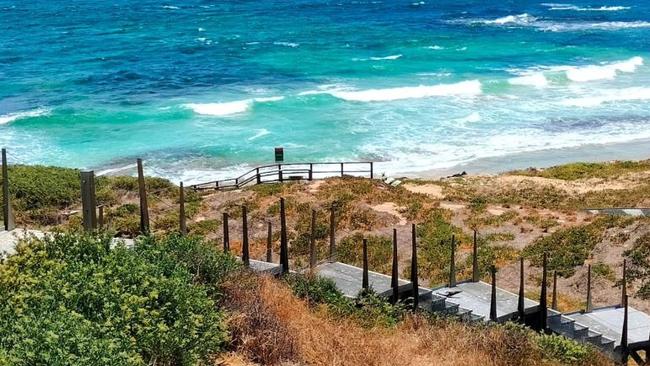
Ms Jenks said about 25 per cent of little penguin deaths occurred by boat strikes with the area seeing an increase of watercraft in recent years.
‘They need to close down the island for a few years to let the population recover,” she said.
Ms Jenks said it would be shameful if authorities did not act to save the little penguins in an area where the creatures were part of the city of Rockingham’s cultural identity.
“How stupid is it going to look when we have Penguin Rd, penguins on the entry sign to Rockingham, penguins on the city’s coat of arms and penguins on the kid’s school jumpers but no penguins,” she said.
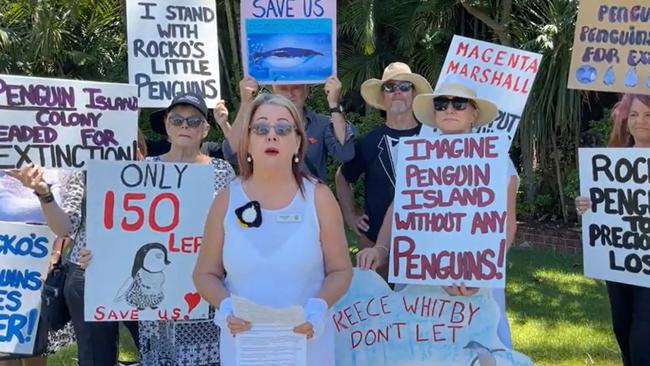
A study led by University of Western Australia School of Biological Sciences and Oceans Institute Dr Belinda Cannel found the little penguin population remained within about 10km of the coast in bays and coastal areas used for fishing, boating, wind surfing, kite surfing and water skiing.
The report found the human population, in the Rockingham area adjacent to Penguin Island, had almost doubled since in the past few decades and boat ownership in this area was the second highest of all 30 local government areas located across Perth.
“It is therefore reasonable to assume that human usage of the local coastal waters will also increase,” the report said.
“The issue is what effect the increasing human population, and hence number of craft, may have on the penguins.”
Tourism operator Perth Wildlife Encounters has been in the region for about 30 years and has been actively involved in conservation efforts on the island.
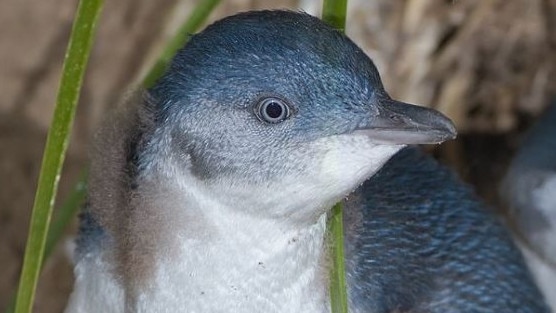
Operator Chad D’Souza said tourists were not the problem but global warming, calling on government to fund a new discovery centre.
Mr De Souza said a facility on the island that was used to educate visitors about the wildlife had been demolished but promises to build a new facility on the mainland had not been fulfilled by government.
He said money allocated to authorities had been spent on offices and toilets instead.
“The wild penguins on the island are there and they are depleting, but that is not because of a tourist walking on a footpath, it is because of global warming and not being provided enough fish by authorities,” he said.
Mr D’Souza said they were more than happy for the island to be kept as a conservation area so wild penguin numbers could grow, but the government needed to keep its promise to fund a discovery centre.
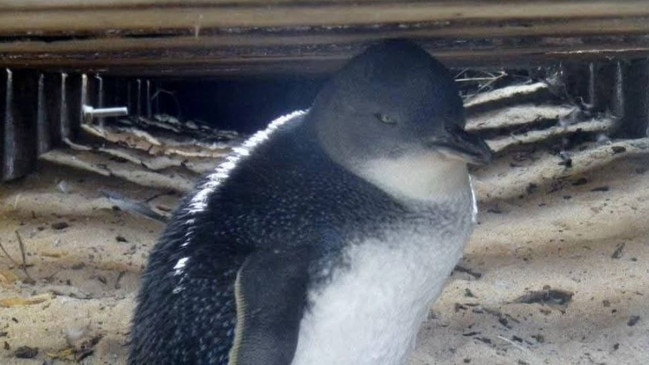
“Then we will have education on the mainland, for not only penguins but all wildlife in the area, that would allow us to run 365 days a year,” he said.
“It would allow us to run our boats on the water to showcase the sea lions, the dolphins and other species.
“The conservation area, which is Penguin Island, would not be touched.”
A WA government spokesman said Penguin Island was an iconic part of WA, and the government was committed to supporting its penguin population.
Authorities put in measures to protect the little penguin population including extending the winter closure period and closing the island to visitors when temperatures were forecast to exceed 35C.
“Research shows the major factor in the decline of the island’s penguin population has been a reduction in food sources due to warming sea temperatures,” the spokesman said.
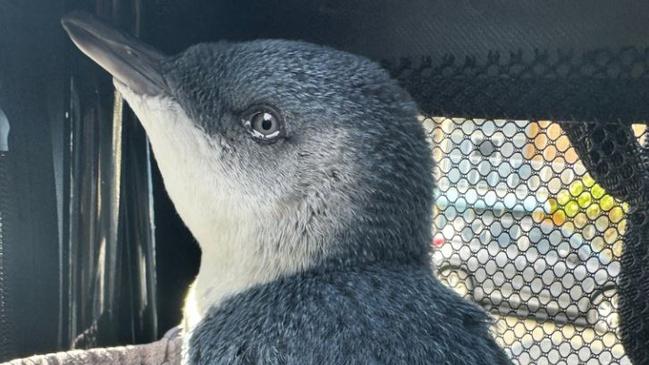
“The health and wellbeing of the penguins will always be the state government’s top priority when it comes to planning for the island.
“Tourism, however, also plays an important role on the island by educating visitors about the penguins and promoting enjoyment of our State’s natural environment.”
The spokesman said the government had committed to developing a business case and concept design for a potential discovery centre on Mersey Point in Rockingham which would inform the future direction of the project.
“Consultants have been appointed to undertake this work which is currently underway, and this is expected to be completed in coming months,” the spokesman said.
Originally published as Residents near Perth have called for a tourist ban on a popular island to protect a dwindling species

